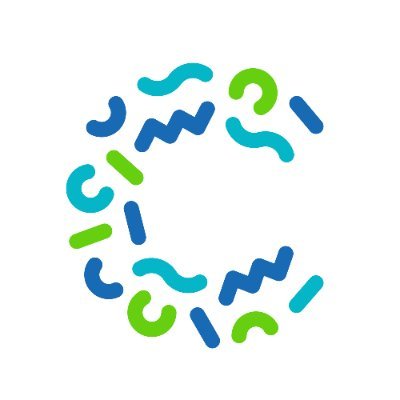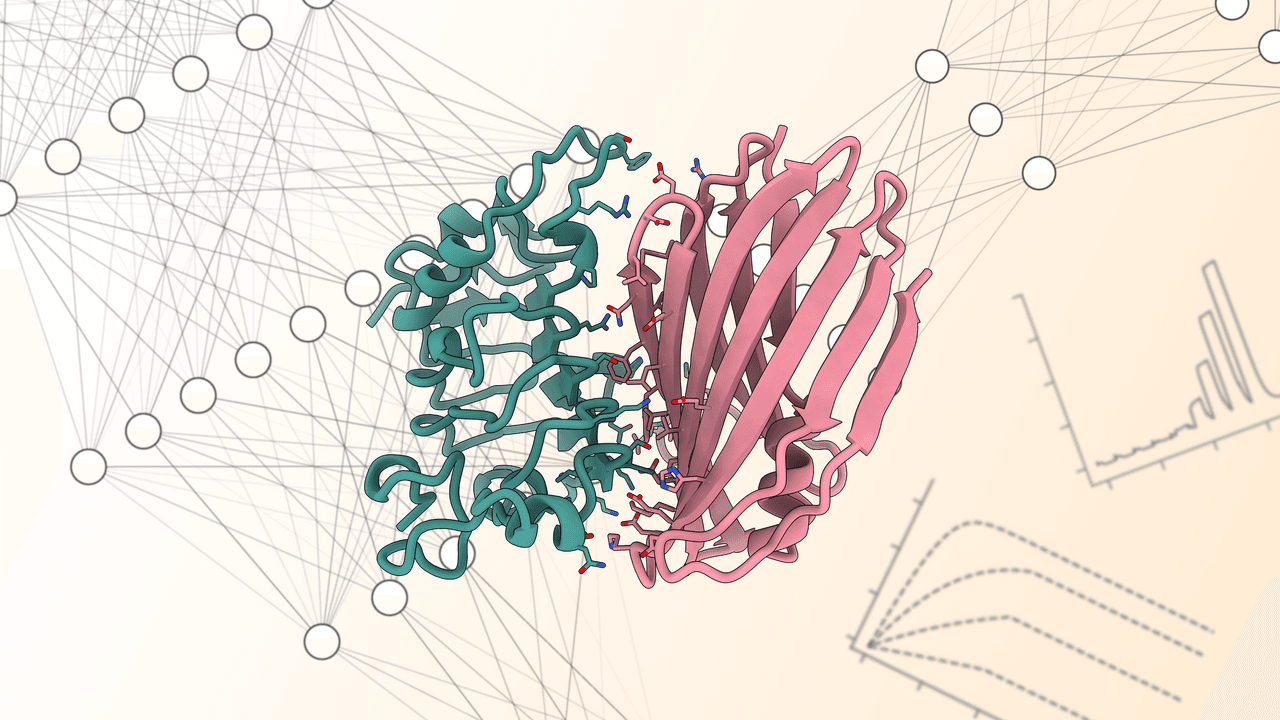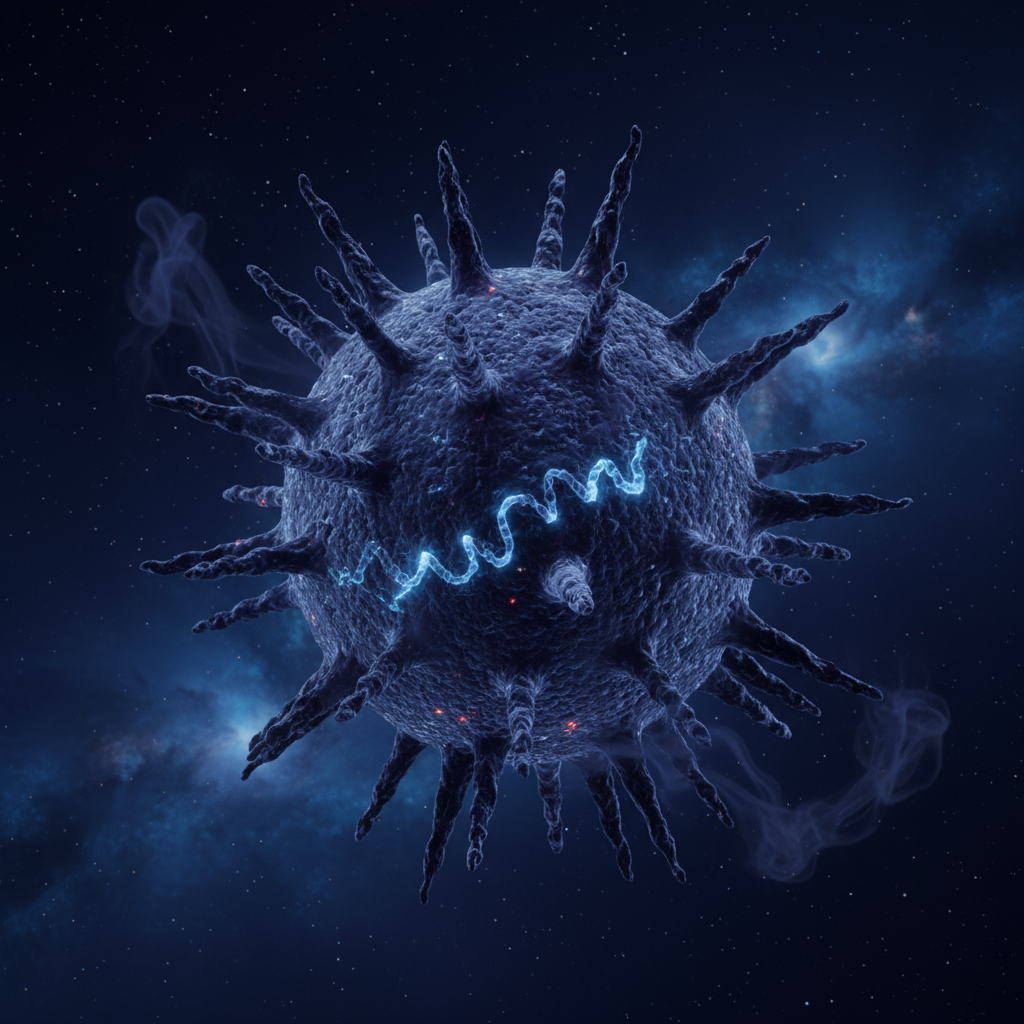


The home of protein design data
Proteinbase brings together protein designs, experimental results, and design methods in one place to share, compare, and learn.
Featured Proteins
Explore proteinsid: golden-cobra-iron

IFNAR2
Strong
3.9e-8 M
True
11.1 kDa
92
id: bright-otter-reed

Multiple (2)
Weak (2), Strong (2)
True
9.3 kDa
80
id: brisk-boar-cloud

MDM2
Strong
4.4e-8 M
True
12.1 kDa
102
id: shy-shark-cypress

EGFR
Strong
1.4e-9 M
True
25.8 kDa
241
Featured Collections
Explore collections
Cradle EGFR Competition Follow Up
Cradle • 9 days ago
12 EGFR binders designed by Cradle for the Adaptyv 2024 protein design competition, generated through Cradle's zero-shot diversification pipeline.





+7
BindCraft1 publication re-validation
EPFL-LPDI • 24 days ago
Designs from the original BindCraft1 publication re-validated at Adaptyv





+91
EvoDiff Validation
Microsoft Research • 24 days ago
Validating proteins designed with Microsoft Research’s EvoDiff to block the cancer-linked MDM2–p53 interaction





+22
Popular Design Methods
Explore design methods
BindCraft
Protein binder design pipeline that can be used to design miniprotein and peptide binders

RFdiffusion
A flexible de novo binder design workflow using RFdiffusion for backbone generation
ProtRL
Fine-tuning pipeline combining reinforcement learning algorithms (GRPO, DPO) with the ZymCTRL protein language model.
Popular Targets
Explore targetsEGFR
protein

833
Proteins validated
134
Binders
EGFR is a cell-surface receptor that turns growth factor signals into instructions for cells to divide and survive. Extra copies or mutations drive many tumors, so EGFR is a top target for cancer medicines.
IL-7Ra
protein

62
Proteins validated
51
Binders
IL-7Rα is the alpha chain that pairs with the common gamma chain to deliver IL-7 survival cues to lymphocytes. Surface levels of IL-7Rα forecast immune fitness and highlight intervention points in autoimmunity and leukemia.
PD-L1
protein

40
Proteins validated
31
Binders
PD-L1 is an immune checkpoint ligand that binds PD-1 to quiet T-cell signals and cytokine release. Tumors and immune cells boost PD-L1 under stress, so blocking it can restart anti-tumor immunity.
MDM2
protein
27
Proteins validated
12
Binders
MDM2 is an E3 ligase that binds p53 and marks it for degradation to keep stress responses in check. Tumors that overproduce MDM2 silence p53, so inhibitors aim to restore the tumor suppressor.
